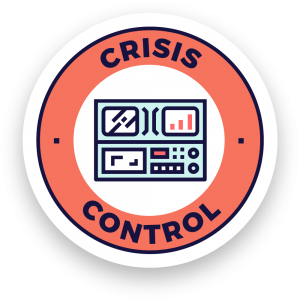Thinking about Mi-3’s post announcing Google is retiring rules-based digital attribution, I think simplifying the attribution process is a good idea.
The various rules-based attribution versions that are being retired are pretty old-school. There have been situations where first touch-weighted or linear would be a useful metric for explaining why attribution was important (or why they were undervaluing the display activity), but I don’t think I ever saw clients actually deploying these models as a consistent approach.
Apart from that, no matter what digital attribution is being employed, even Google’s data-driven model, it’s going to be severely compromised by the quality of the data available.
For Safari/Firefox/Edge users, the 24-hour cookie window effectively nullifies the ability to model the impact of the various exposures and interactions in the run-up to the conversion action. For some clients, this can be 40-60% of the total traffic from ads. So, last touch becomes the default. On top of that, you have issues with people on ad blockers and privacy-safe browsers where you may not see ANY data from them. Sure, they probably didn’t see your display/video ad to begin with, but any organic or PPC activity they do see/interact with won’t be tracked.
There are solutions with server-side tracking implementations, or simpler workarounds like RescueMetrics that will improve the data being collected, regardless of the attribution method deployed.
However, for medium-larger advertisers with a mix of channels, data-driven digital attribution has always been suboptimal in explaining how your media is working.
Traditional channel-based MMM is being rapidly superseded by AI-enabled unified measurement platforms that can provide a level of digital granularity to provide deep insights on various performance campaigns, taking into account the wider context of brand, competitors, and non-media factors (macro-economic as well as internal company-level data like distribution, promotions etc).
And, unlike data-driven attribution models, you can accurately forecast outcomes associated with different levels of media spend, changing the mix of media, the flighting of campaigns, the weighting of brand vs tactical etc.
This used to be in the realm of the biggest advertisers only, but with a modular approach to functionality, frequency of updates, and level of granularity, this is now accessible to a large chunk of the market.









